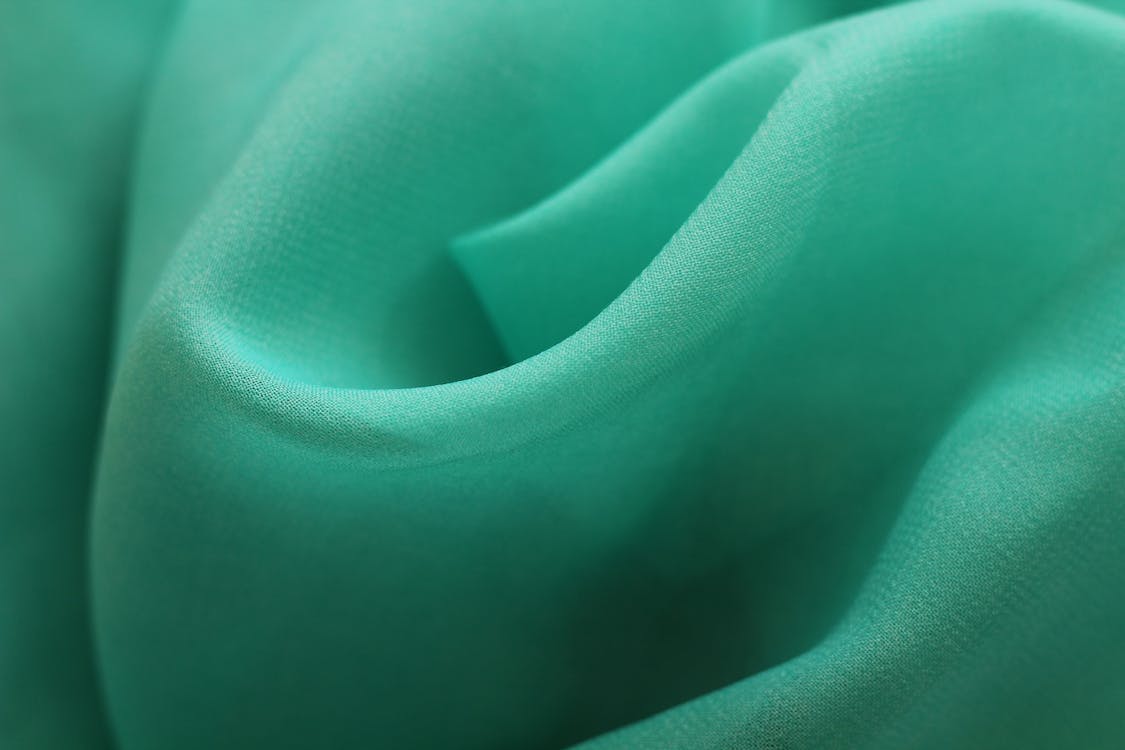
FAQ About Differences in Polyester
Differences in Polyester
2 years ago | gizem
How does polyester compare to silk?
Polyester and silk are two distinct fibers with different characteristics. Here's a comparison between polyester and silk:
- Source: Polyester is a synthetic fiber derived from petroleum-based products, while silk is a natural fiber produced by silkworms during the formation of their cocoons.
- Texture and Feel: Silk is known for its luxurious and soft texture. It has a smooth and delicate feel against the skin. Polyester can vary in texture, but it generally has a smoother and less luxurious feel compared to silk.
- Breathability: Silk is highly breathable and allows air to circulate, keeping the body cool in warm weather and warm in cold weather. It has natural temperature-regulating properties. Polyester is less breathable and can trap heat and moisture, leading to a less ventilated feel.
- Moisture Management: Silk has excellent moisture-wicking properties and can absorb moisture from the body while maintaining a dry feel. Polyester does not absorb moisture as readily and can retain sweat, potentially causing a damp sensation.
- Comfort: Many people find silk to be more comfortable to wear due to its breathability, softness, and natural moisture-wicking abilities. Polyester may feel less comfortable for some individuals, especially in hot and humid conditions.
- Durability: Silk is a delicate fiber and requires careful handling. It is less durable compared to polyester and can be prone to snagging or tearing. Polyester is a more durable fiber that is resistant to wear and tear, making it suitable for items that undergo frequent use and washing.
- Care: Silk requires more delicate care compared to polyester. It is often recommended to hand wash or dry clean silk garments to maintain their shape and prevent damage. Polyester is generally easier to care for and is often machine washable and quick-drying.
- Price: Silk is generally more expensive than polyester. The production process of silk, including the cultivation of silkworms and the extraction of silk fibers, contributes to its higher cost. Polyester, being a synthetic fiber, is more affordable.
- Allergies: Silk is hypoallergenic and less likely to cause allergies or skin irritations. Polyester may cause sensitivity or discomfort in individuals with sensitive skin or allergies.
